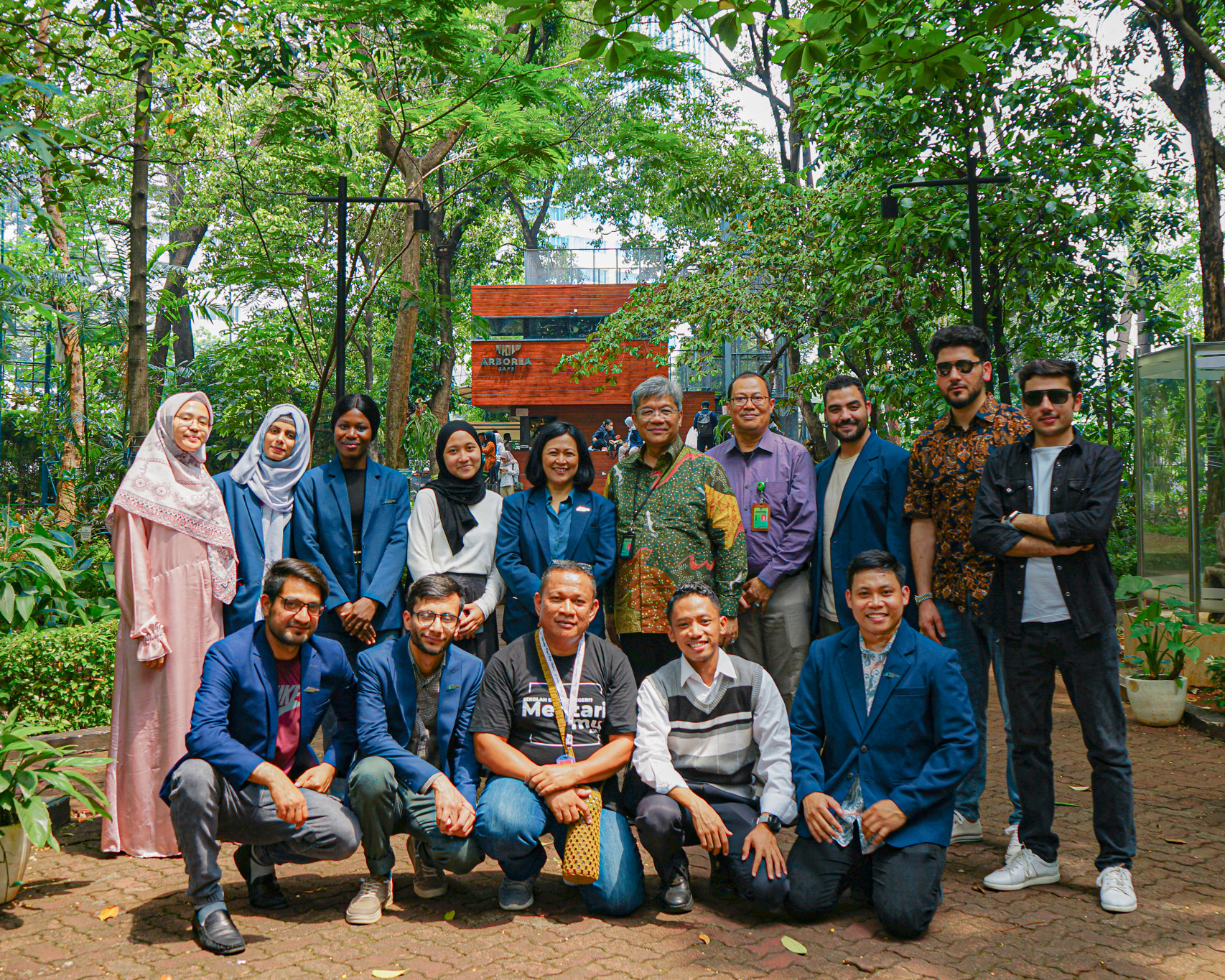Master in Public Policy focusing onClimate Change

About the Program
The Master in Public Policy (MPP) program focusing on Climate Change aims to cultivate the next generation of sustainability leaders. Students enrolled in this program will acquire essential research skills for analyzing information and will develop critical thinking abilities necessary for proposing and evaluating public policies to tackle pressing challenges of climate change. Its graduates will be familiar with the broad interdisciplinary debate on climate change and sustainable development, as well as the fundamental knowledge and skills needed for environmental research or practice at the international level. Furthermore, they will demonstrate proficiency in formulating policies and evidence-informed strategies to address climate change mitigation and adaptation in and for the Global South. Effective communication with relevant stakeholders and the public will be among their key competencies.
Vision
To become a leading global center for innovative teaching and research in public policy on modern climate change, with a focus on the dynamics and challenges faced by the Global South and Muslim-majority countries.
Mission
- To deliver education and empowerment.
- To foster interdisciplinary understanding.
- To enhance research and innovation.
- To engage stakeholders.
- To promote global justice.
Program Significance
While the younger generation in the North is worried about their future due to climate change, the youth in the South are at the same time grappling with the daily realities of the climate crises. Privileged lifestyles in the Global North, such as Europe, North America, and East Asia nations produce a carbon footprint 100 times greater than that of the world’s poor nations combined. Therefore, it is very important to uncover global inequalities in times of climate change, search for their countermeasures, and craft public policies that reflect circumstances in the Global South. The search for effective countermeasures to address the climate change catastrophe is of utmost urgency for sustainable development. In this context, public policy programs that specifically concentrate on climate change from the perspective of the global south region have the potential to be a groundbreaking approach in preparing the next generation of policy makers.

Who Is It For
The MPP program focusing on Climate Change is suitable for students from a wide range of social science backgrounds who have a broad interest in a comprehensive approach to climate change and sustainable development issues.
The program is designed to prepare talents that can be well-positioned as leaders in firms engaged in environmental consulting, think tanks, government officers, NGO representatives, international civil servants or private sector specialists, and diplomats.
Learning Objectives
Upon degree completion, it is expected that:
Students will acquire an extensive set of analytical skills including statistical analysis, policy formulation and implementation analysis, and cost-benefit analysis that can be applied to develop innovative solutions to address climate change issues and policy problems as informed by the science of climate change and the context of Global South.
Students will gain a critical attitude in the exploration of the sustainability dimensions of policies in interdisciplinary ways and communicate with both specialist and non-specialist audiences.
Students will develop expertise to develop original policy recommendations on climate change with appropriate scientific methodologies in terms of analysis in the realms of social-economic, environmental, international, intercultural governance, and geopolitics relevant for the Global South.
Degree Requirement
Students will obtain the MPP degree focusing on Climate Change upon successful completion of 42 credits, including 36 credits for coursework and 6 credits for a final independent research project (capstone). All the requirements must be completed within two years (four semesters).






